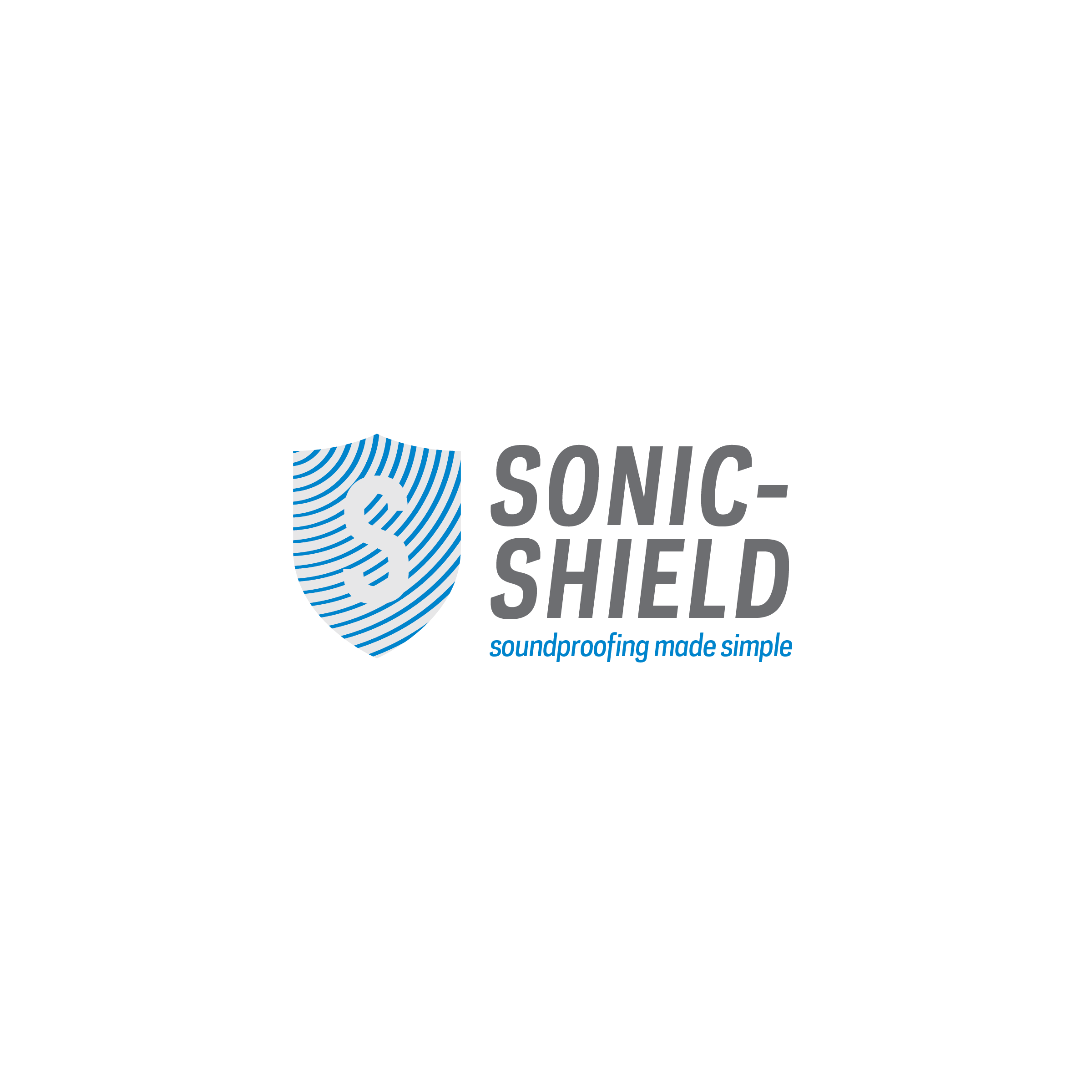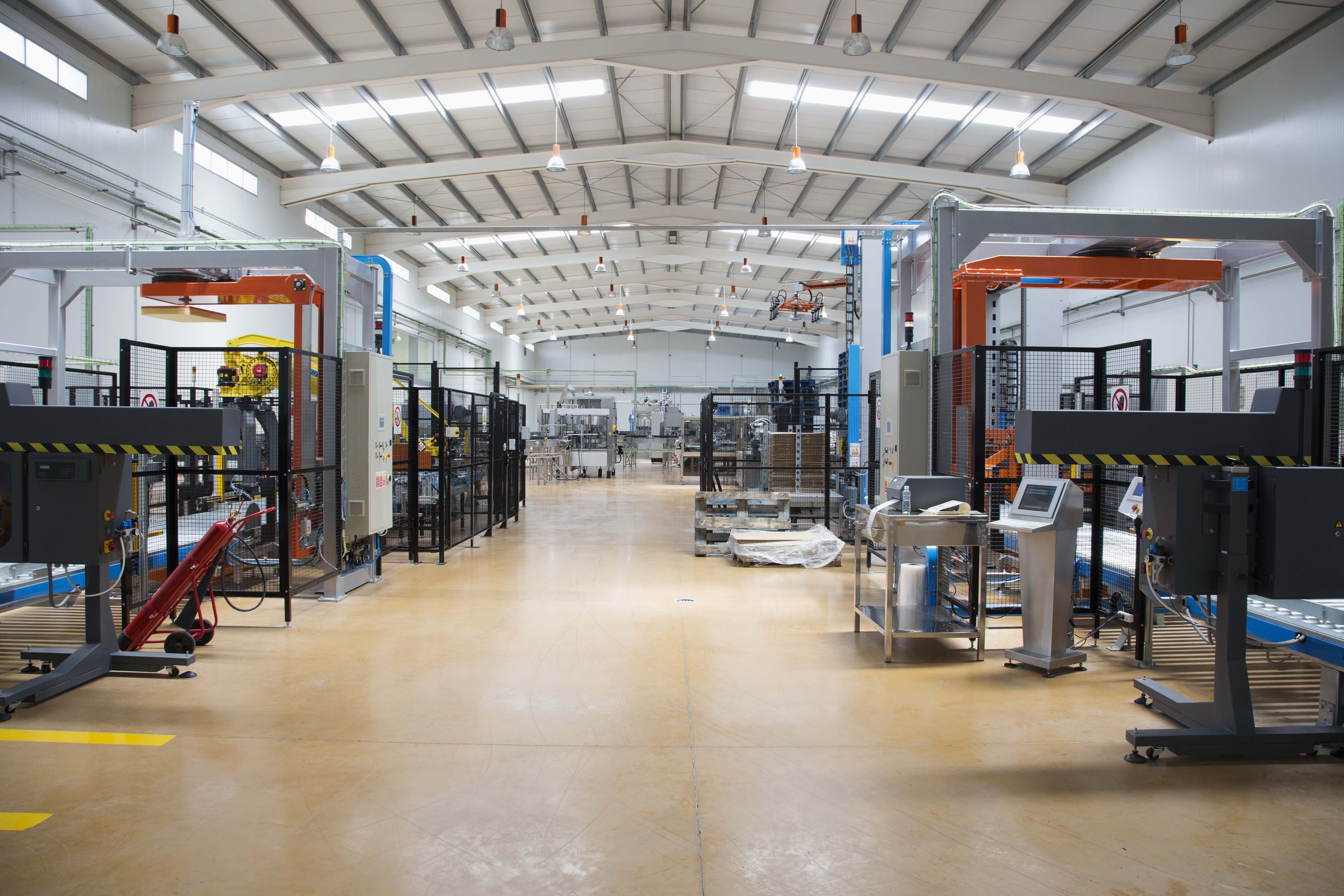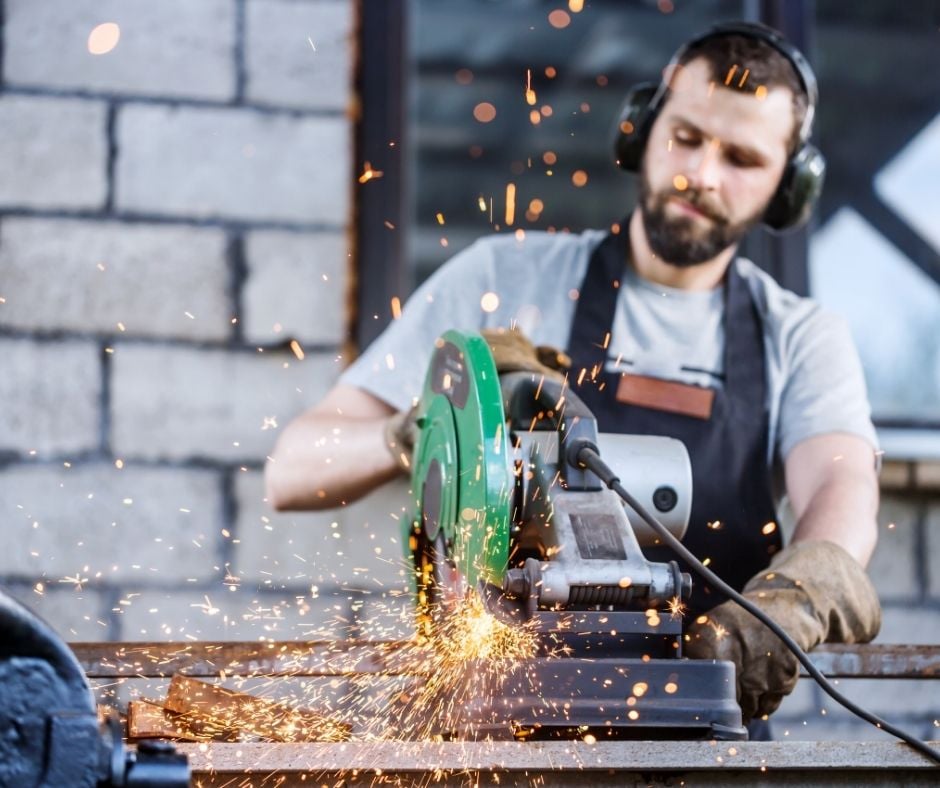
Whether you are a commercial property owner or residential property owner, chances are, you're frequently monitoring the value of the property. When considering the factors that can increase or decrease real estate value, one of the most overlooked factors is the role of noise pollution. Although you may not realize it, excessive noise on or near the property can significantly reduce its value.
How Noise Affects Property Value
Noise impacts property value due to a variety of factors that prospective buyers may consider. High levels of background noise can make sleeping difficult, which is one primary reason that prospective buyers will consider noise, particularly for residential properties. Excessive noise has also been linked to increased stress and even potential cardiovascular risks. Because of this, properties that are in close proximity to noise sources, such as airports, railway lines and busy streets, tend to be worth less on the market.
Noise can affect property value for commercial buildings as well. When companies look to buy new properties, they will likely consider how excessive outdoor noise might negatively impact the stress and productivity of their employees. Especially since studies have shown even moderate levels of noise, such as street noise, on a continuous basis may have long term effects on hearing loss. This “hidden hearing loss” can easily be prevented with the right soundproofing solution in place.
Soundproofing Solutions For Environmental Noise
If you're concerned about noise affecting your property's values, soundproofing the building is one surefire way to reduce noise and protect the property from potentially losing value. Airports and traffic have already been mentioned, but soundproofing can also help with noise from sources you might not think about until you're inside the property, such as generators, pumps, or rooftop machinery for commercial buildings, or even internal sources like loud AC units.
Room Acoustic Testing and Analysis will reveal the noise source and levels and can help determine the most effective soundproofing materials to be used. In some cases, the source of the noise itself can be enclosed with sound-dampening or sound-barrier materials, as is often the case with machinery such as generators or AC units. Airborne noise coming from outside the property can be reduced by placing sound insulation in structural gaps or apertures that the noise may be leaking through. If the noise is structurally borne, referring to sound created by impact or vibration, isolation pads or springs can be used at the source, or sound-dampening barriers can be placed at the 'receiving end' of the noise, that is, where the impact or vibration is occurring.
No matter what the source of noise pollution may be, if you're concerned about it impacting the value of your property, contact the acoustical experts at Sonic-Shield for a custom soundproofing solution.




